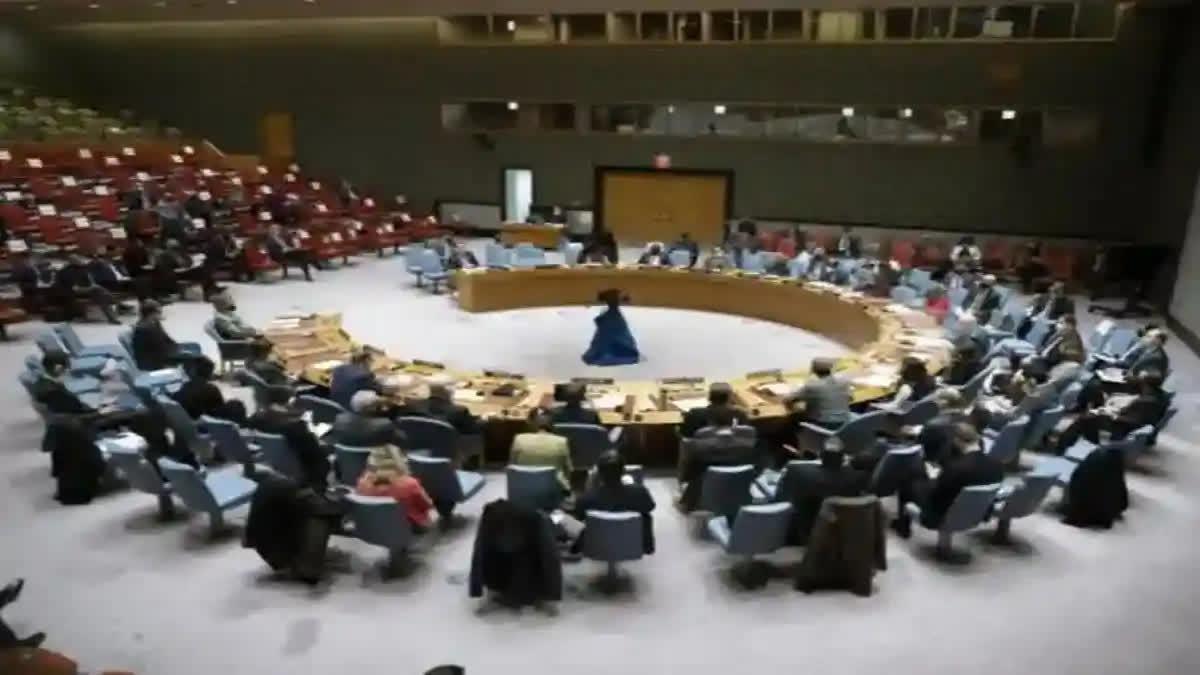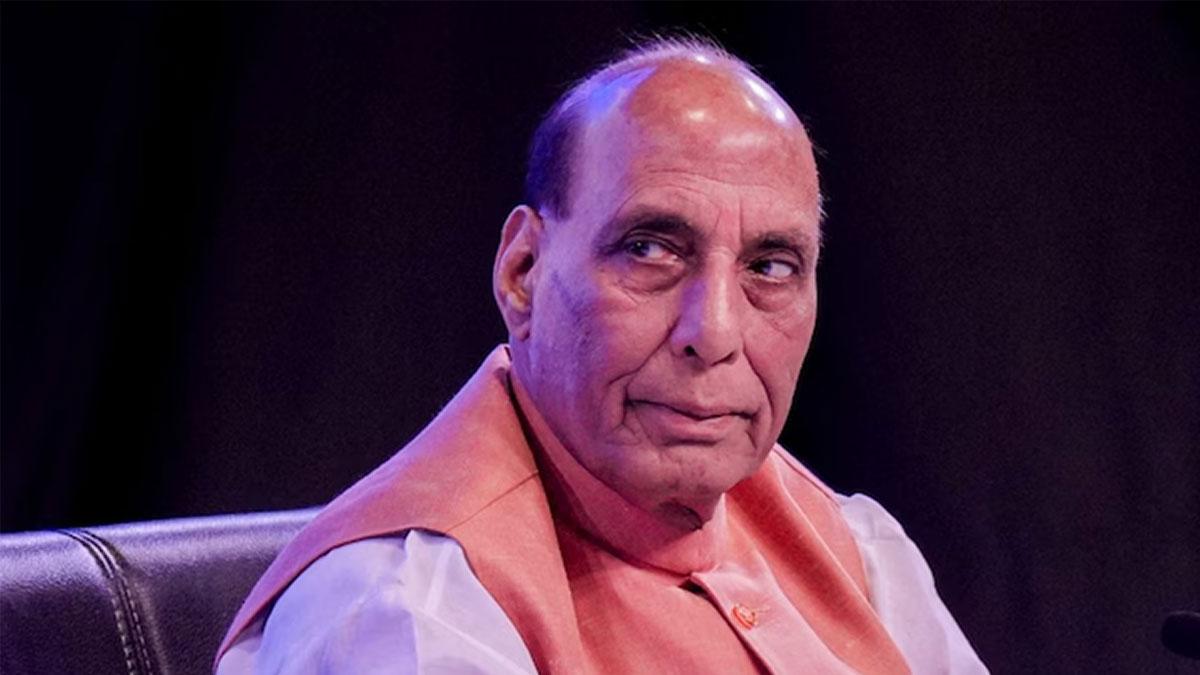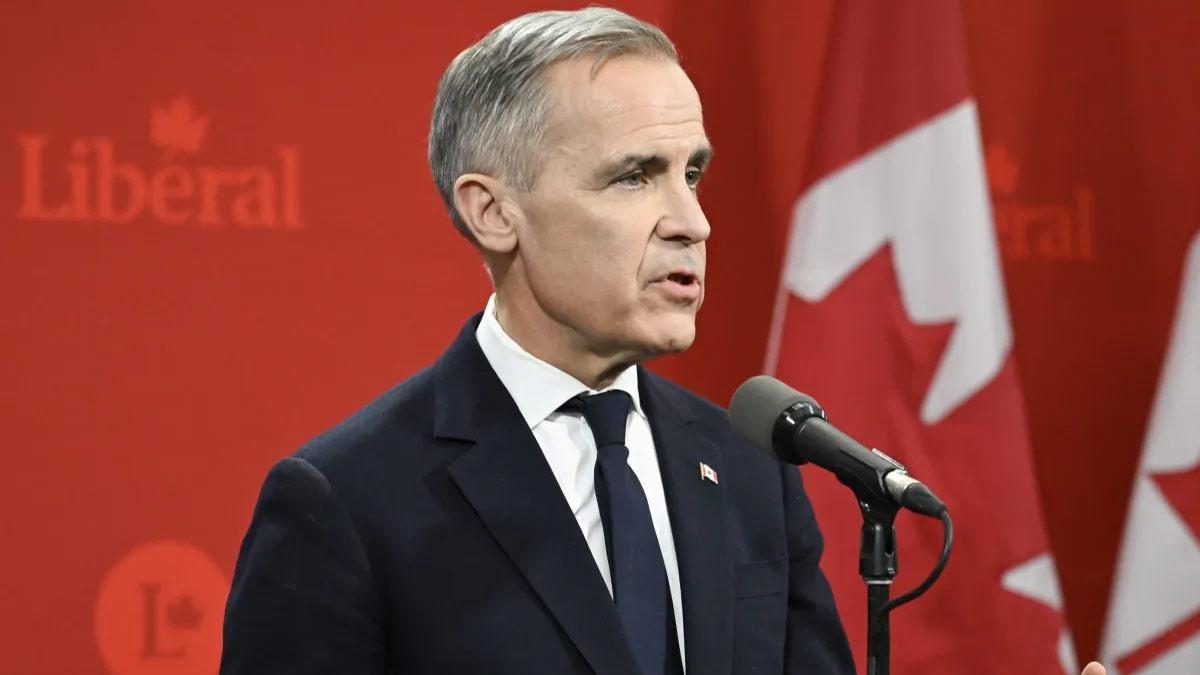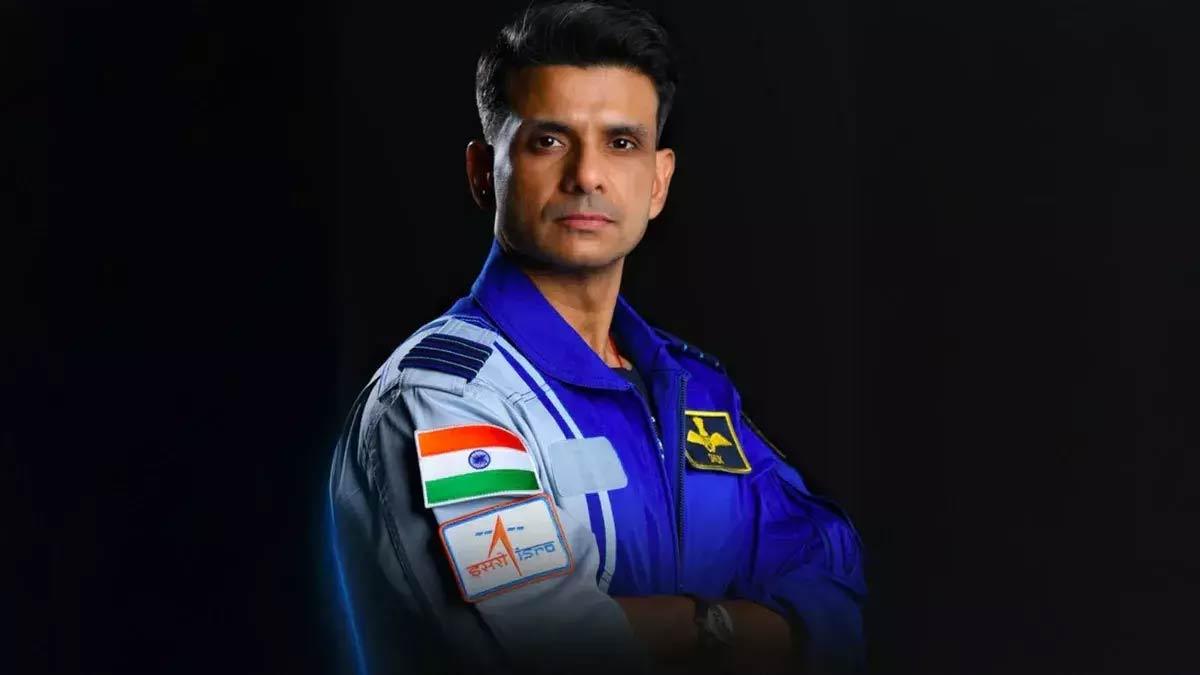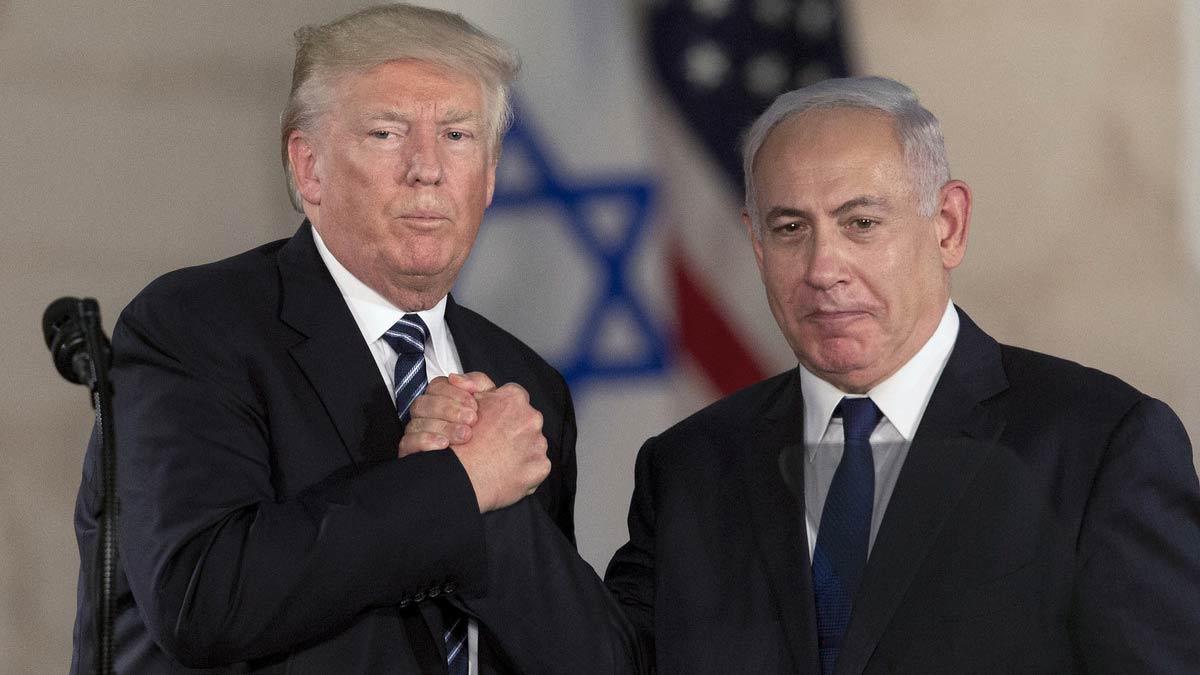The ongoing conflict in the Middle East involving Israel and Hamas is significantly impacting the safety of maritime commercial traffic in the Indian Ocean, with reported attacks in the vicinity of India. R Ravindra, the Deputy Permanent Representative of India to the United Nations, addressed the UN Security Council, expressing concern over the situation's implications for international maritime safety and its direct impact on India's energy and economic interests.
India has consistently emphasized the importance of preventing escalation and ensuring the continued delivery of humanitarian aid in the conflict. R Ravindra reiterated India's support for a Two-State solution, advocating for direct and meaningful negotiations between Israel and Palestine to achieve lasting peace. India has actively contributed to relief efforts, delivering shipments of relief material to Gaza and providing USD 5 million to the United Nations Relief and Works Agency for Palestine Refugees in the Near East (UNRWA).
During the UNSC Open Debate on the Middle East, Uzra Zeya, Under Secretary of State for Civilian Security, Democracy, and Human Rights of the United States, called on Israeli leaders to take precautions to minimize civilian harm within the bounds of international law. She also highlighted Hamas' role in initiating the conflict and condemned attacks by Iran and its proxies in the region.
United Nations Secretary General António Guterres stressed the rejection of any refusal to accept the Two-State solution and criticized recent rejections of this solution by Israeli leaders. He emphasized that a One-State solution would prolong the conflict, underscoring the necessity of addressing the legitimate aspirations of both Israelis and Palestinians through the Two-State formula.
Riyad Al-Maliki, Minister for Foreign Affairs and Expatriates of the State of Palestine, accused Israeli leaders of viewing the Palestinian people as a threat to be eliminated. The representative of Israel urged the council to focus on addressing security threats, particularly the actions of Hamas, which exploits international aid for militarization.
Stéphane Séjourné, Minister for Europe and Foreign Affairs of France, as the Council President for January, advocated standing alongside both Israelis and Palestinians for peace and the benefit of both parties. Russian Foreign Minister Sergey Lavrov criticized the council's response, attributing it to the position of the United States, and called for a world order based on international law, with the United Nations playing a central role. He pointed out the reluctance of Western countries to address the ongoing conflict and their resistance to calling for a necessary ceasefire.
(With Agency Inputs)
ALSO READ | Pakistan and Iran Re-establish Full Diplomatic Relations
ALSO READ | Official Talks Commence Between Maldives and India on Indian Troop Withdrawal: Report

